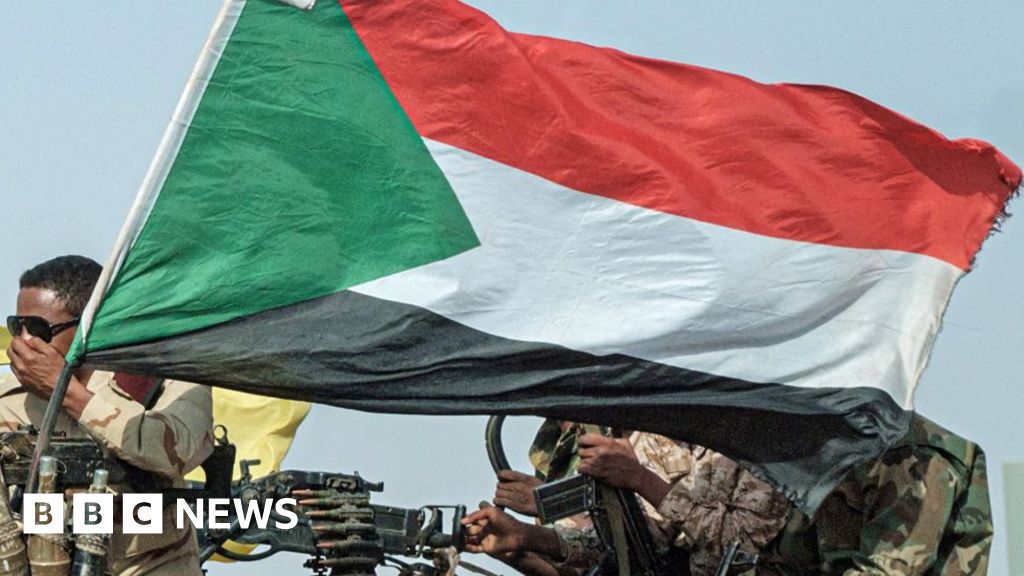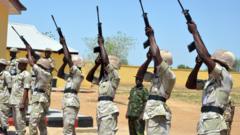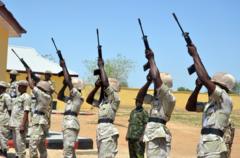The town of Ballymena, described as a stronghold of Protestant sentiment, has been at the epicenter of this violence, igniting fears reminiscent of sectarian clashes between Loyalists and Irish nationalists. Following incidents where young boys faced serious allegations, a peaceful vigil turned riotous, leading to a wave of targeted violence against the Roma community and other immigrants. Homes were burned, and many families found themselves fleeing amidst threats and hostility.
The Northern Ireland Housing Executive reported that over 21 families have been displaced, forced out of their homes to seek temporary shelters due to the attacks. Experts suggest that social tensions in the region, fueled by local paramilitary groups and burgeoning anti-immigrant ideologies, have resurfaced in an alarming manner. With anti-immigrant rhetoric becoming increasingly normalized in certain circles, the historical patterns of exclusion and violence are re-emerging, raising urgent questions about integration and acceptance within Northern Irish society.
Violence, while not endorsed by the majority, remains a deeply entrenched aspect of the region's identity. Encounters between locals and outsiders during the riots also reflected a palpable atmosphere of suspicion and division, illustrating the fragility of peace established post-Troubles. Not only are the attacks physically devastating, but they also challenge the region's coexistence narrative, demanding urgent attention and action from political leaders.
As Northern Ireland confronts its current state, the specter of its past looms large, echoing the violence of history while illuminating the urgent need for rectifying deep-seated fears of the 'other.' Many within the region strive for harmony, yet the undercurrents of territorialism and anti-immigrant sentiment threaten to unravel the fragile peace that has held since the Good Friday Agreement, urging societies on both sides of the divide to engage in constructive dialogues towards understanding and acceptance.
The Northern Ireland Housing Executive reported that over 21 families have been displaced, forced out of their homes to seek temporary shelters due to the attacks. Experts suggest that social tensions in the region, fueled by local paramilitary groups and burgeoning anti-immigrant ideologies, have resurfaced in an alarming manner. With anti-immigrant rhetoric becoming increasingly normalized in certain circles, the historical patterns of exclusion and violence are re-emerging, raising urgent questions about integration and acceptance within Northern Irish society.
Violence, while not endorsed by the majority, remains a deeply entrenched aspect of the region's identity. Encounters between locals and outsiders during the riots also reflected a palpable atmosphere of suspicion and division, illustrating the fragility of peace established post-Troubles. Not only are the attacks physically devastating, but they also challenge the region's coexistence narrative, demanding urgent attention and action from political leaders.
As Northern Ireland confronts its current state, the specter of its past looms large, echoing the violence of history while illuminating the urgent need for rectifying deep-seated fears of the 'other.' Many within the region strive for harmony, yet the undercurrents of territorialism and anti-immigrant sentiment threaten to unravel the fragile peace that has held since the Good Friday Agreement, urging societies on both sides of the divide to engage in constructive dialogues towards understanding and acceptance.






















